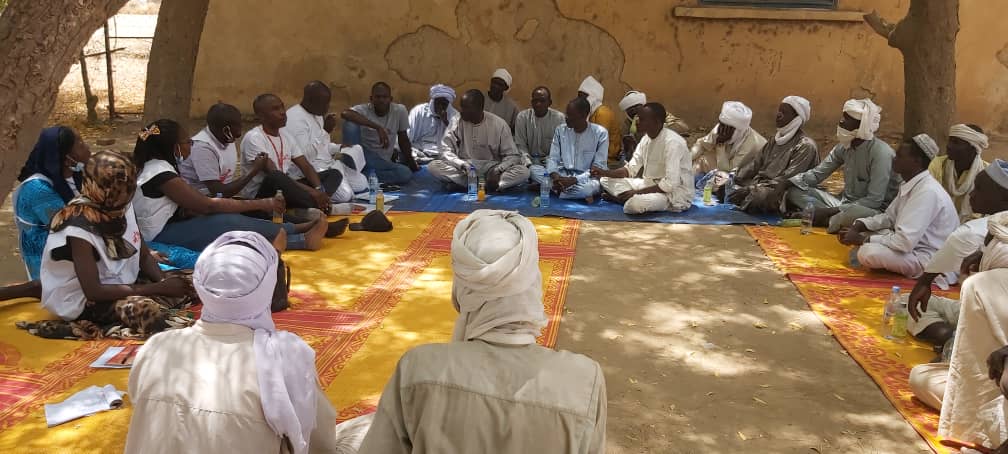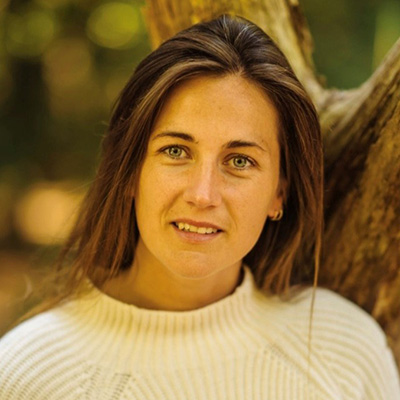Who said he wanted a fish anyway?
In Chad, an MSF pilot project is taking a new approach to humanitarian aid. Project coordinator Noor tells us more…
Chinese philosopher Lao Tzu once said ‘give a man a fish and you feed him for a day. Teach him how to fish and you feed him for a lifetime’.
Over the centuries, many have hailed this proverb and we see its message mirrored in the humanitarian aid sector, in an attempt to ensure long-lasting impact on communities.
We see it in Médecins Sans Frontières / Doctors Without Borders (MSF) as well. MSF invests in the learning and development of her staff as well as health care staff of the Ministry of Health in the countries we work in. This transfer of knowledge has a significant impact beyond our (short) presence.
We do not just give, we also teach. I wonder though, is that enough?
Challenging assumptions
With all due respect to Lao Tzu, did we know the man wanted a fish in the first place? Is access to food indeed at the root of the problem? If so, do we know if the man would rather eat fish or perhaps camel?
Whichever food it is, what does the man already know about collecting food? What can the man teach "us"? What does he still aspire to learn? Does "the man" truly represent his community when answering these questions?
Or perhaps all these questions already frame an answer, while the man wanted to share something completely different. The assumption that the man has something to receive and learn (from "us") and that we would know what that is, is problematic and immediately sets us off on the wrong foot: with a power imbalance.
Doing things differently
In our new MSF pilot project in Sila we are trying to do things differently. We dare to admit that our old methods created and contributed to a power imbalance here.
Maybe we gave some fish, where communities desired camel. Maybe we gave some fish, and in doing so, indirectly put the camel traders out of business.
MSF has decades of experience in providing healthcare in crisis settings. In Sila we dare to admit that we still have more to learn.
With this new project we create an opportunity to use our two ears and one mouth in proportion: to ensure we do not talk too much and listen too little. We try to listen not only to people’s difficulties, but also to their solutions
Experts by experience
We listen because listening can save lives. The patients and communities know best what their health needs are, and the barriers they face in accessing care.
If we allow ourselves the time to listen, truly listen, we may perhaps – together – find solutions to some of the most life-threatening situations, such as in the protracted crisis we see in Chad.
For decades, almost nowhere else have mothers and children been dying in such high numbers from diseases that could be prevented with proper access to healthcare. It is a chronic emergency.
Inconvenient truths
When you listen, truly listen, you also hear things that you may not want to hear. In our conversations with community members in Sila, for example, some tell us that they prefer to be charged money for medical consultations rather than receiving free healthcare.
They explain that free health care is not sustainable for them in the long term. It leads to problems after MSF teams leave as people become accustomed to free care, and no one is willing to pay anymore. Instead, communities tell us that they would rather develop a health care system while MSF is present that will continue to work after we have left.
One community had a specific proposal: they suggested each household would pay a monthly fee plus an additional fee when consulting a community health worker. This money would be collected in a community box, and could then be used to pay their community health workers, and in time, the costs of medicine and referrals to the hospital.
More questions
This sounds like a sustainable system, but we wonder: what would such as system mean for the most vulnerable members of the community? Could this contribute to health inequity or perhaps create additional unintended barriers to healthcare? How does this align with the MSF principle of free health care?
And then, if the government’s national health policy prescribes free health care for mothers and children, should the government not be carrying this responsibility rather than the communities themselves? Are we condoning a broken system?
What is our role, as MSF, in this discussion and such a system?
No quick fixes
When you listen, really listen, you are faced with a range of opinions and views. You face painful dilemmas and there are no quick fixes.
Nobody said it would be easy though. I think Lao Tzu may agree.


